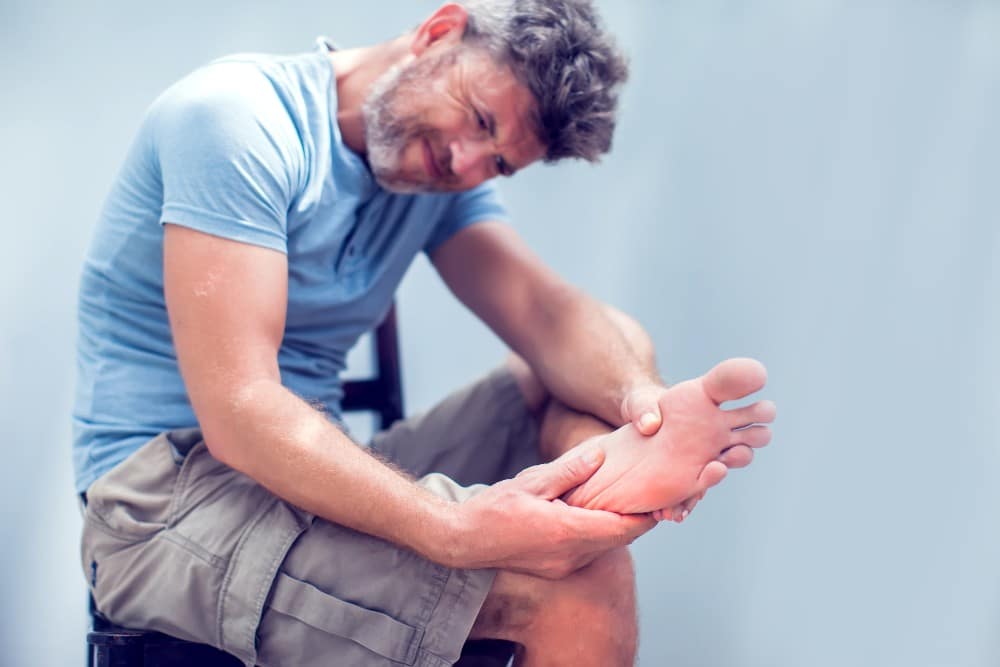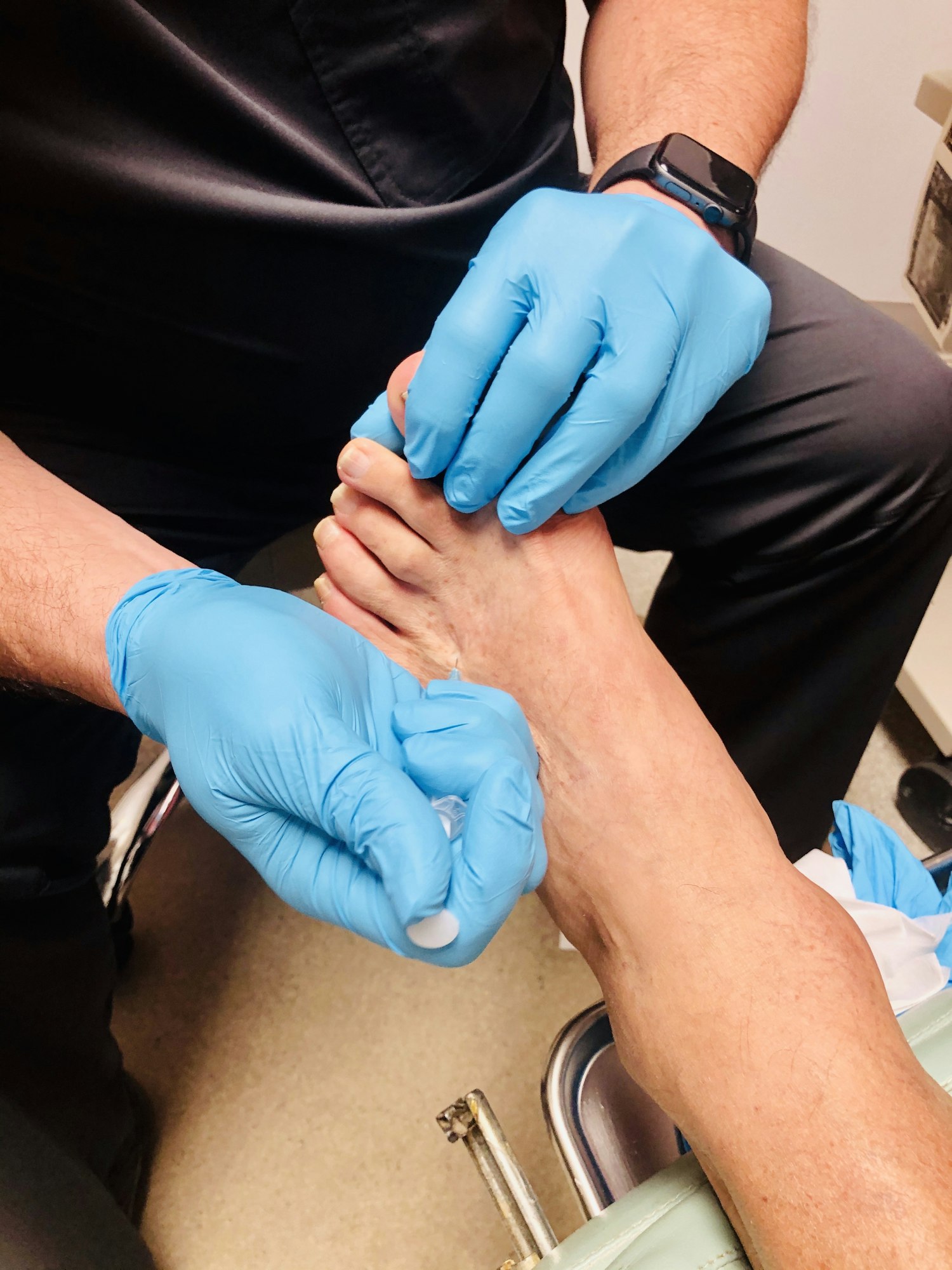Table of Contents
Introduction
Plantar Fasciitis is one of the most frustrating and painful conditions that can affect a person’s feet. The condition is often caused by repetitive stress to the plantar fascia, the ligament that connects the heel bone to the toes. This stress can come from activities such as running, walking, or even standing for long periods of time. The condition can also be caused by shoes that do not provide enough support to the arch of the foot.
When this ligament becomes inflamed, it can cause a great deal of pain in the heel and arch of the foot. The pain is often worse when you first get out of bed in the morning or after extended periods of sitting. The pain can also be worse when you are walking barefoot on hard surfaces.
Thankfully, there are a number of different treatment options available for plantar fasciitis.
What is Plantar Fasciitis?
Plantar fasciitis is a condition that causes pain in the heel and bottom of the foot. The plantar fascia is a band of tissue that runs across the bottom of the foot and connects the heel bone to the toes. This band of tissue helps support the arch of the foot. If the plantar fascia becomes damaged or inflamed, it can cause pain in the heel or bottom of the foot.
Plantar fasciitis is a common condition that affects people of all ages. It is most common in middle-aged adults.

What are the Symptoms of Plantar Fasciitis?
The symptoms of plantar fasciitis include:
- Pain in the heel, arch, or bottom of the foot
- Pain that is worse when you walk, run, or stand on your toes
- Pain that is worse when you stand or walk after resting
- Stiffness in the heel or bottom of the foot
- Swelling in the heel or bottom of the foot
If you have plantar fasciitis, you may feel pain when you stand up after resting or sleeping. The pain is usually worse in the morning and improves as you walk around.
How to Treat Plantar Fasciitis
There are a variety of ways that plantar fasciitis can be treated, and the best method will vary depending on the severity of the condition. In many cases, simple at-home treatments such as ice, rest, and over-the-counter pain relievers can be enough to ease the pain and inflammation associated with plantar fasciitis.
The following treatments may help ease mild to moderate pain at home:
- Icing the affected area for 20 minutes at a time, several times a day
- Stretching the calf muscles and Achilles tendon
- Taking over-the-counter pain relievers such as ibuprofen or naproxen
- Wearing shoes with good arch support and cushioning
If home treatments do not improve the pain, or if the pain is severe, you should consult our experts. In such cases, treatments may include:
- Prescription-strength anti-inflammatory medications
- Corticosteroid injections
- Custom orthotic devices
- Physical therapy
- And other treatments.

Is Plantar Fasciitis Permanent?
No, plantar fasciitis is not permanent. However, it may take several months to a year for the condition to improve. You can improve significantly faster when you receive proper treatment from our doctors who can target the exact cause of your foot pain.
So when treatments are resistant, it’s time to take a step forward and consult with us.
Moving On From The Pain
Premier Podiatry & Orthopedics can help you get back on track. If plantar fasciitis is bothering you, our team of medical professionals can help you get rid of the pain. We utilize a variety of treatment options and work with you to develop a plan that’s right for you.
If you’re dealing with plantar fasciitis in Carmichael, CA, or Roseville, CA, our offices are nearby. Schedule an appointment at either our Carmichael or Roseville office by calling us at (916) 961-3434 or filling out our contact request form.
Find Expert Sports Injury Care at Premier Podiatry & Orthopedics
Young or old, pro or amateur, never push through the pain of a sports injury. If your feet or ankles hurt, stop what you’re doing and address the problem right away.
And if you’re uncertain whether you should contact us regarding your condition, always err on the side of caution! It’s always better to find out you have a minor problem at our office than to find out later that an underestimated injury will require more difficult treatment or surgery.
Schedule an appointment with our team by calling (916) 961-3434. We will always be happy to hear from you.
Testimonials
Looking to schedule an appointment with a physician?
Schedule an appointment with us by calling (916) 961-3434 or by clicking the button below to begin requesting your appointment today!



